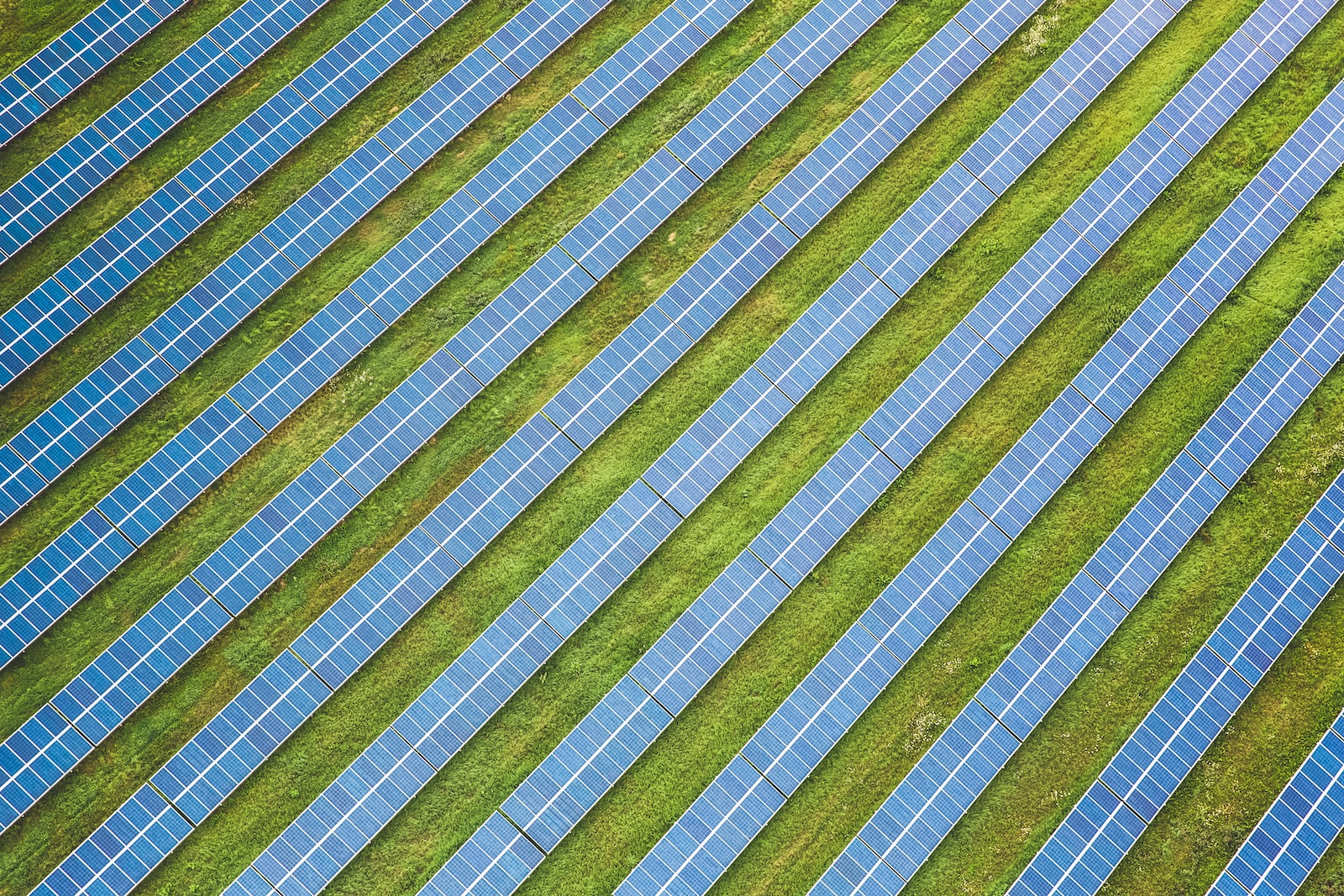Table of Contents
ToggleIntroduction
Sustainable development is a concept that has gained significant importance in recent years, as the world faces the consequences of climate change, environmental degradation, and social inequality. It aims to balance economic growth, social development, and environmental protection, ensuring that future generations can meet their needs. In this article, we will explore the concept of sustainable development and its importance, as well as strategies for achieving sustainable development.
What is Sustainable Development?
Sustainable development is a concept that aims to meet the needs of the present without compromising the ability of future generations to meet their own needs. It involves balancing economic growth, social development, and environmental protection, recognizing that these three aspects are interconnected and interdependent.
Importance of Sustainable Development
Sustainable development is essential for building a better future for all. It ensures that economic growth is sustainable, social development is equitable, and environmental protection is prioritized. Sustainable development can help reduce poverty, promote social inclusion, and protect natural resources, creating a more resilient and prosperous future for all.
Strategies for Achieving Sustainable Development
Sustainable Agriculture:
Promoting sustainable agriculture practices can help reduce the environmental impact of agriculture while ensuring food security and economic growth.
Renewable Energy:
Investing in renewable energy sources such as solar, wind, and hydropower can help reduce greenhouse gas emissions and promote sustainable economic growth.
Circular Economy:
A circular economy aims to minimize waste and maximize the use of resources, promoting a more sustainable and efficient economic system.
Sustainable Transport:
Promoting sustainable transport options such as public transportation, cycling, and walking can help reduce greenhouse gas emissions and promote social inclusion.
Sustainable Buildings:
Constructing sustainable buildings that use energy-efficient materials and technologies can help reduce energy consumption and promote sustainable economic growth.
Sustainable Tourism:
Promoting sustainable tourism practices can help protect natural resources and promote social and economic development in local communities.
Sustainable Water Management:
Promoting sustainable water management practices can help protect water resources and ensure equitable access to clean water for all.
Sustainable Waste Management:
Promoting sustainable waste management practices such as recycling and composting can help reduce waste and promote a circular economy.
Conclusion
Sustainable development is a crucial concept for building a better future for all. It involves balancing economic growth, social development, and environmental protection, recognizing that these three aspects are interconnected and interdependent. By promoting sustainable agriculture, renewable energy, circular economy, sustainable transport, sustainable buildings, sustainable tourism, sustainable water management, and sustainable waste management, we can build a more resilient and prosperous future for all.








1 thought on “Sustainable Development: A Comprehensive Guide to Building a Better Future”
Pingback: The Circular Economy: Reshaping Our Relation with Resources